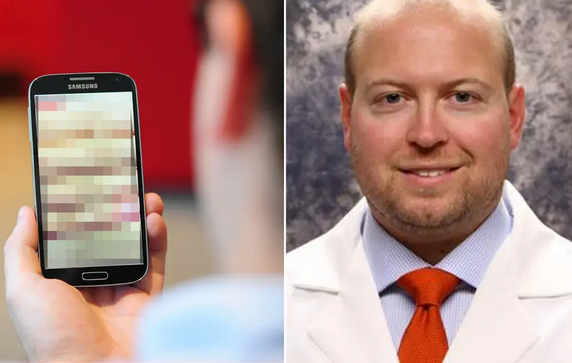Emergency medicine is a field of medicine that deals with sudden, life-threatening medical emergencies. Specialists in this field like Dr. Philip Sobash work to diagnose and treat patients quickly and accurately to provide the best possible care. Understanding the vital services provided by emergency medicine specialists can help the public receive the highest level of care during an emergency and improve outcomes for patients.
Types of Emergency Medical Services
Emergency medical services (EMS) are specialized health care services that are provided by trained personnel in response to a medical emergency. EMS includes both pre-hospital and hospital care, intending to provide rapid and appropriate treatment to the patient to improve outcomes.
Pre-hospital care is typically provided by EMS personnel, such as paramedics and EMTs, who are trained to provide immediate medical care. Hospital-based emergency care is provided by emergency medicine specialists, such as emergency physicians, nurse practitioners, and physician assistants. Pre-hospital care consists of assessments, treatments, and transport services.
On the other hand, hospital-based emergency care consists of evaluation, treatment, and stabilization of the patient. Emergency medicine specialists are trained to make quick and accurate diagnoses, provide appropriate treatments, and stabilize the patient for transfer to other care facilities.
The Role of Emergency Medicine Physicians
Emergency medicine physicians are responsible for providing rapid evaluation and management of patients with acute medical conditions. These physicians are trained to recognize and treat a wide range of conditions, from minor injuries to life-threatening emergencies. They are responsible for performing physical examinations, ordering and interpreting diagnostic tests, and providing treatments.
These physicians have an important role in managing patient care since they are responsible for making initial diagnoses and providing treatments, as well as coordinating care between multiple medical specialists. They are also responsible for making sure that the patient is stabilized and transferred to the Dr. Philip Sobash appropriate medical facility, and are trained to make accurate and swift decisions to provide the best quality of medical care for the patient.



